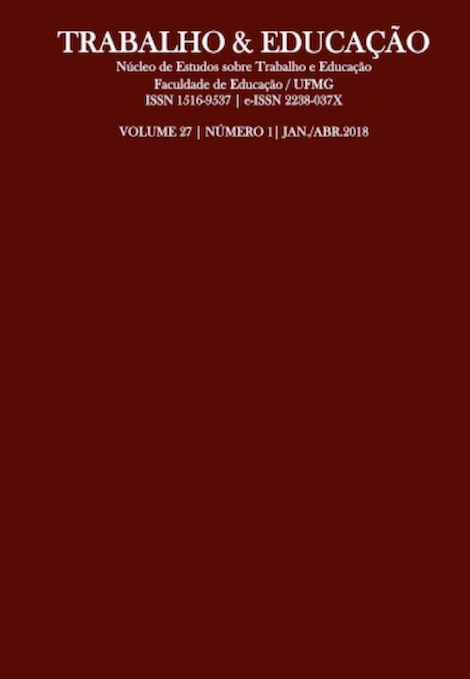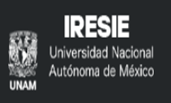“CONTRARREFORMAS” EDUCACIONAIS CURRICULARES E RESISTÊNCIA | Educational “counter-reforms”, and the integrated curriculum as resistance
Palavras-chave:
Contrarreformas, Currículo Integrado, Resistência, Counter-reforms, Integrated curriculum, ResistanceResumo
The present work is part of a research in construction and aims to apprehend the disputes and contradictions that permeate the current political-educational reforms and their implications for the development of the integrated curriculum in High School, as well as for in the fight of socialist educators, social movements and the working class by an omnilateral, polytechnical and unitary education. The study was carried out in the historical-critical methodologic perspective and utilized the techniques of documentary research and interview with semi-structured questions, conducted with educators and students of a school of the countryside. The theoretical contribution for this study was sought in Frigoto (2006; 2017), Ferreti and Silva (2017), Caldart (2015), Marx and Engels (2004), Ramos (2012;2017), Sacristán (2000), among others. It is concluded that the current public policies promulgated by the federal government, among them, the Law 13.415/2017, the new National Curricular Common Base (NCCB); the Constitutional Amendment 95/2016 and the Senate Law Project 193/2016, are a setback, an affront to the achievements of the social movements, which was begun with the Constituent Assembly of 1987 and were solidified by of the Federal Constitution of 1988, by the Law on the Guidelines and Bases of National Education of 1996, by the Decree 5.154/2004 and by the Basic Document of Professional Technical Education of High School Level Integrated to Secondary Education/2007 and go against the education project of unitary, polytechnical and omnilateral bases, defended by the Escola Estadual Florestan Fernandes, by workers, social movements and socialists educators.
___
O presente trabalho é parte de uma pesquisa em andamento e tem como objetivo apreender as disputas e contradições que permeiam as atuais reformas político-educacionais e suas implicações para o desenvolvimento do currículo integrado no Ensino Médio, bem como para a luta de educadores socialistas, movimentos sociais e classe trabalhadora por uma educação omnilateral, politécnica e unitária. O estudo é realizado na perspectiva metodológica histórico-crítica e utiliza-se das técnicas de pesquisa documental e entrevista com questões semiestruturadas, realizadas com educadores e estudantes de uma escola do campo. O aporte teórico para este estudo foi buscado em Frigoto (2006; 2017), Ferreti e Silva (2017), Caldart (2015), Marx e Engels (2004), Ramos (2012; 2017), Sacristán (2000), entre outros. Conclui-se que as atuais políticas editadas pelo governo federal, entre as quais, a Lei no 13.415/2017, a nova Base Nacional Comum Curricular (BNCC); a Emenda Constitucional no 95/2016 e o Projeto de Lei do Senado no 193/2016, são um retrocesso, uma afronta às conquistas dos movimentos sociais que se iniciaram com a Constituinte de 1987 e foram se solidificando a partir da Constituição Federal de 1988, da Lei de Diretrizes e Bases da Educação Nacional de 1996, do Decreto 5.154/2004 e do Documento Base da Educação Profissional Técnica de Nível Médio Integrada ao Ensino Médio/2007 e vão na contramão do projeto de educação de base unitária, politécnica e omnilateral, defendido pela Escola Estadual Florestan Fernandes, pelos trabalhadores, movimentos sociais e educacadores socialistas.













